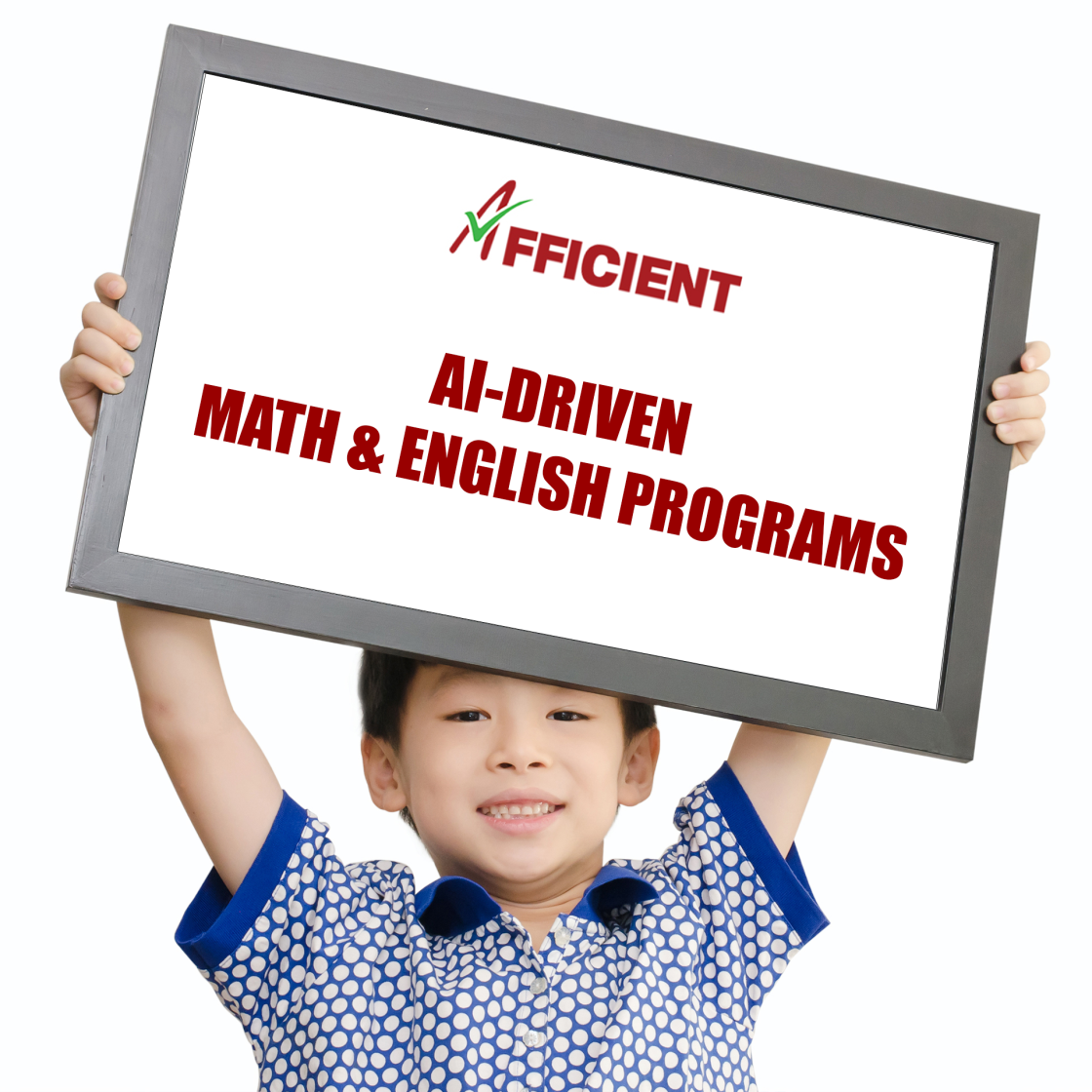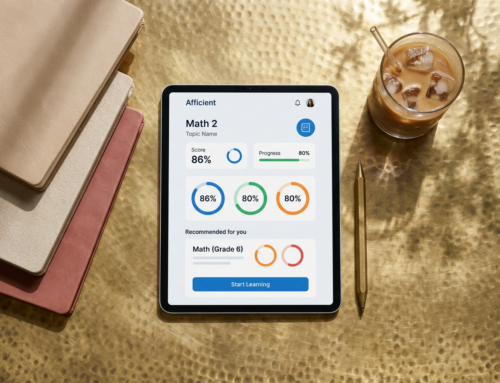Return on investment (ROI) is a popular metric in the business world. In personal finance, individual investors look for a higher return on their investment from their investment portfolio. While people often associate ROI with business and finance, return on investment can and should be applied to children’s education.
As successful adults in our professional careers, we all understand the important role education plays in our lives and how excellent academic performance paves the way for success. Education is a pivotal factor in achieving one’s aspirations and ambitions.
Investing in your children’s K-12 education is crucial as it lays a strong foundation for their future academic careers. Completing high school with a strong GPA is necessary if one aspires to study STEM subjects and plans to pursue a career in a STEM discipline. There has been a significant rise in the demand for STEM graduates globally, which is likely to continue with the rise of AI.

The core subjects of math and English are vital for a student throughout the K-12 journey. It’s not an overstatement to say that having a solid foundation in both subjects is crucial for a student’s success in school. Unfortunately, most public schools struggle to meet the needs of individual learners, instead catering to the average student on grade level. Without extra help, struggling learners will develop knowledge and skill gaps, which widen as years pass by and they progress in grades. This eventually impacts self-confidence, motivation, and overall academic performance. Often, when parents and teachers finally notice that a learner is struggling, the knowledge and skill gaps are difficult to fill in the time required.
Luckily, some programs and services can help parents invest in their children’s education. There are in-person after-school programs, private tutors, or online learning programs. Parents know that education is a long-term investment, just like a good investor who looks for more than short-term gains. One may not get immediate results, and there may be short-term setbacks, but education is always worth the investment in the long run.
In Afficient Academy’s math and English learning programs, we often notice parents enroll their kids for a short period, and as soon as their kids progress one or two grades higher than their current grade at school, they quit the program. Some parents only join during the summer break and plan to return the following year. Finally, some parents plan to stay a little longer than others but take frequent or long pauses that might last for a couple of months. We understand that sometimes a short pause is necessary, but we do not recommend long breaks from Afficient Academy.
Parents must consider the following to understand why we do not recommend taking long pauses or dropping out when a child advances to a higher grade in our programs:
1. Our programs are designed efficiently, requiring only 20-30 minutes/day per subject. As a result, 90% of our students complete 1-2 Grade levels in 2-4 months. If they stop working on the higher-level materials, they will lose all the skills they learned and won’t learn those skills again until they reach higher grades in school. Of course, they can pursue self-study and continue to practice those skills independently to retain those advanced skills, but that’s highly unlikely.
2. For the same reason, when students take longer breaks or pauses, they need to remember the skills they practiced. Any break longer than a month should require a diagnostic test to understand how much a student has retained, and accordingly, the grade/starting point may need adjusting. Study goals also require adjustments, which a student may not like or feel demotivated about, but in the long run, those adjustments will prove the best for the student.
3. We aren’t against vacations or short breaks and understand their importance. Hence, we recommend roughly 20-30 minutes of regular activities per subject during those long vacations to retain students’ skills. It requires some discipline and motivation to invest 20-30 minutes of one’s day, but the benefits are immense.
4. Some parents may think dropping out and saving money is wise when their children cannot spend time in the program. They feel that they can always come back when the child is ready. However, it doesn’t help in the long run because when the students return, they will most likely start a couple of grades lower than the grade they completed. So, not only do the students lose time, but they may also lose motivation, and money is not saved anyway.
We urge parents who haven’t been investing in their kids’ education as much as they would like to find ways to do so, as it pays the highest dividends in the long run. We conclude with a quote from our CEO, Dr. Jiayuan Fang, who says, “Students’ investment in completing the weekly assignment will yield the best results. It’s a long-term plan studying in Afficient Academy, and they must invest in their future.”
If you are interested in our free online diagnostic test or a consultation, please visit here.





